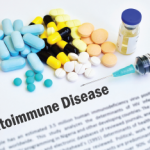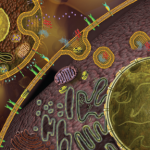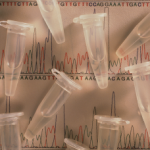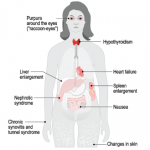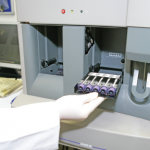SAN DIEGO—The Next Accreditation System, the newest process for evaluating medical residency and fellowship programs and their participants, including future rheumatologists, was implemented in 2014 by the Accreditation Council for Graduate Medical Education (ACGME). The system introduced specialty-specific milestones designed to reflect significant points in professional development. Milestones are defined by ACGME as a rubric…

